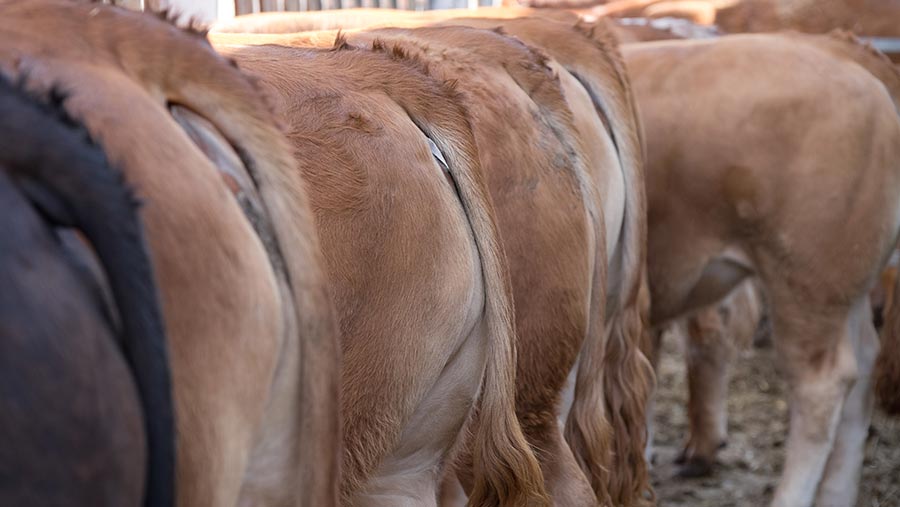Opinion: Time to reward farmers for cutting methane emissions
 Unlike carbon dioxide, methane decays over time © Tim Scrivener
Unlike carbon dioxide, methane decays over time © Tim Scrivener Here’s a question to ask your environmentally conscious in-laws as you tuck in to the organic-British-roast-beef-with-Yorkshire-pudding option at your local pub: What do the owner of a closed coal-fired power station and a typical UK beef farmer have in common?
Answer: Neither is contributing to global warming – or, at least, they are contributing a lot less than you probably think.
This may surprise you, because we’ve all just been told that cutting back on beef is one of the best ways to combat climate change. Those Aberdeen Angus cattle are a prime source of methane, a powerful greenhouse gas.
See also: Why farming’s being asked to do more to fight climate change
We are also told that methane represents almost half of UK agriculture’s greenhouse gas emissions.
But the net impact on global temperatures of UK agriculture’s methane emission trends over the past 30 years has been to cause a small global cooling. So what on earth is going on?
Carbon dioxide emissions accumulate in the climate system, like lead in the bloodstream. Their effects persist indefinitely. The only way to stop carbon dioxide from causing any further warming is to reduce net emissions to zero.
A closed coal-fired power station achieves just that. It did contribute to global warming in the past, but no longer does so.
Methane, however, does not accumulate in the atmosphere, but breaks down over time.
So what about the UK beef farmer? Suppose their beef herd was built up on the farm a century ago. Its methane emissions certainly caused global warming back then.
But if, like the UK average, the farmer has reduced their herd over the past 30 years by about 10%, and if that farmer plans to continue to reduce methane emissions at a similar rate (of 0.3% a year) by using feed additives, that gentle decline would be more than enough to compensate for the herd’s past contribution.
Like the closed power station, those cattle are not causing any further global warming.
Yet if, in the future, agricultural methane were to be included in a UK emissions trading system using the conventional approach – equating every tonne of methane with about 30t of carbon dioxide – the farmer would still have to pay for those methane emissions.
Leaving methane out of climate policy, or simply charging agricultural emissions at a lower rate, is not the answer. Methane is such a powerful greenhouse gas that it cannot simply be ignored.
There is a simple solution – treat all emissions equally in terms of their impact on global temperature.
This means equating gently declining methane emissions – that 0.3% per year – with zero ongoing carbon dioxide emissions: both have the same zero impact on global temperature.
Any permanent increase in methane emission rates would have a large and immediate impact on global temperature, like a huge one-off belch of carbon dioxide, and should be treated as such.
But any permanent decrease, by more than that gentle decline, should be rewarded.
In a fair system, farmers should pay a premium for increasing methane emissions, but anyone managing their emissions responsibly, resulting in that gentle decline, should be left alone.
Indeed, fossil fuel users could pay farmers to reduce methane emissions, if they can do so faster than 0.3% per year, to compensate for the continued warming impact of ongoing carbon dioxide emissions.
But be warned. Many hard-pressed farmers might well take up this opportunity, which might make British beef even more of a premium product than it is today.
But at least there would be no need for consumers to feel climate-guilt as they tuck into their Sunday roast.
Myles Allen is Professor of Geosystem Science at the University of Oxford
